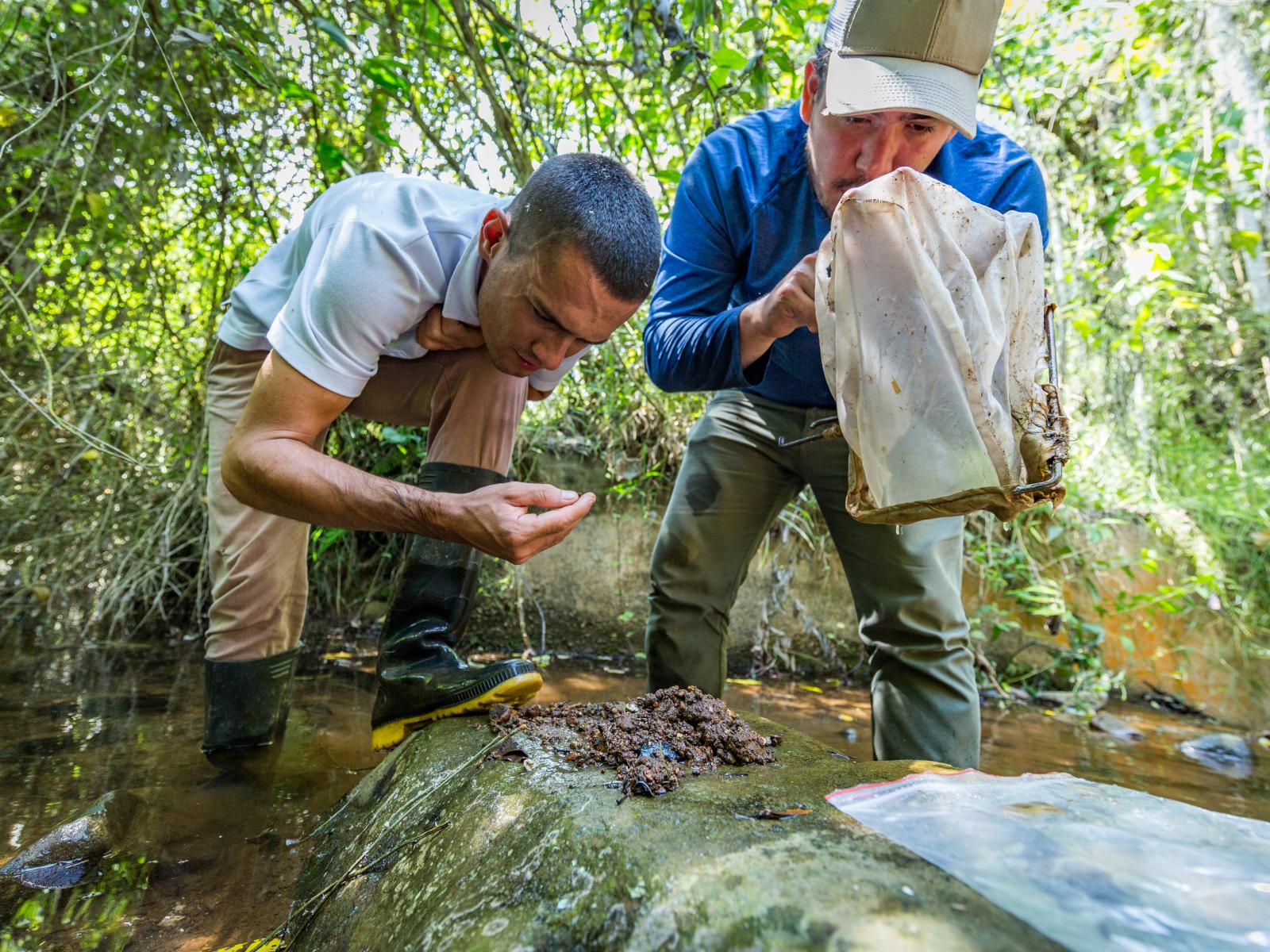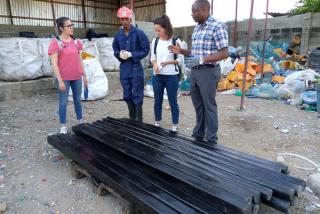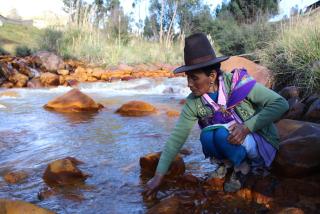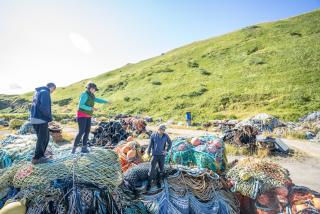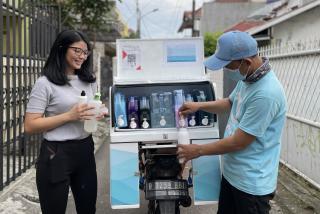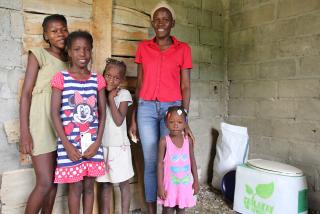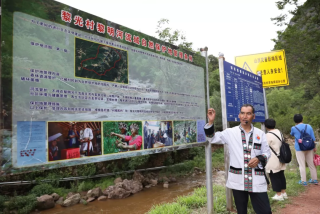Solution Search announces ECOAct Tanzania and Instituto de Montaña as the Grand Prize winners of the global Water Pollution and Behavior Change contest. ECOAct Tanzania received the Judges’ Choice award, while the Instituto de Montaña won the People’s Choice award. Both winners were announced during BE.Hive: Behavioral Solutions to Water Pollution, a virtual summit hosted by Rare’s Center for Behavior & the Environment (BE.Center). The winners will receive a prize of $25,000 each.
Contest Details & Prizes

Finalist

Grand Prize

Early Entrant Prize

Environmental Justice Prize

Youth Leadership Prize
Top 10 Finalists
Who will judge this contest?

Dee Caffari

Dilip Soman

Jennifer Morris

Joseph Runzo-Inada

Juan Camilo Cárdenas

Kacky Andrews

Michelle Carnevale

Mustafa Santiago Ali

Rocky Sanchez Tirona

Sasha Koo-Oshima
Sergio Campos

Susan Ruffo

Tamara Toles O’Laughlin

Wallace J Nichols
Contest Partners

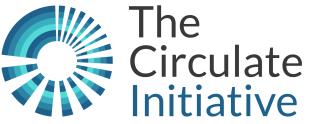
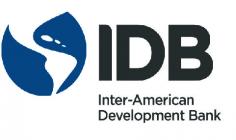
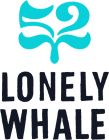

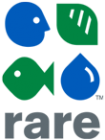
Technical Partners

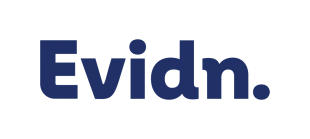
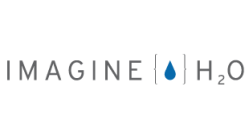
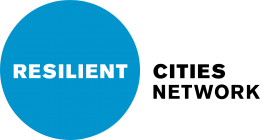
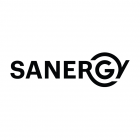
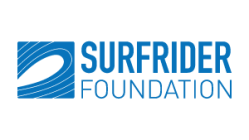

This contest has unearthed 100 solutions from 33 countries.
Descarga Información en Español
Reducing water pollution is critical for protecting aquatic life, ensuring public health, achieving social justice, and fomenting a resilient and thriving economy. Currently, many types of contaminants run through the world’s rivers, streams, basins and oceans, including synthetic chemicals, plastics, nitrates and fecal coliform. Behind each of these different sources lies a chain of people who engage in actions that lead up to the pollution we see today.
Some of these behaviors include littering, dumping raw sewage into fields, depositing industrial waste into waterways, and using and overusing synthetic fertilizers (more examples in the FAQs below). Therefore, solving water pollution will require changing those behaviors that are contributing to it. To achieve this, the traditional tools of information, rules and regulations and financial incentives must be complemented with strategies rooted in behavioral science, including emotional appeals, social influences and choice architecture.
Fortunately, solutions that aim to do just this are already emerging worldwide. This Solution Search is designed to surface, spotlight and accelerate the most promising of these approaches.
We asked organizations worldwide: How have you promoted behaviors that reduce water pollution?
Frequently Asked Questions
What counts as a “behavior”?
Distinguishing between beliefs, attitudes, intentions, and behaviors is important.
Beliefs are what you know or accept to be true. Attitudes are what you think is good or bad. Intentions are what you plan or intend to do, and behaviors are what you actually do.
Behavior change may involve changing people’s beliefs, attitudes or intentions, but the end result of what people end up doing (or not doing) is what we are interested in most.
How do I know which behavior lever I am utilizing?
The behavior levers oftentimes work together, so there may be multiple levers at play in your intervention. For example, your program may be motivating people to abide by an anti-littering law (rules and regulations) by making it socially unacceptable to litter (social influences).
Explore behavior.rare.org to learn more about each lever or download our guide, Levers of Behavior Change: Principles and Strategies.
Who is eligible to enter the Solution Search contest?
Any organization or institution worldwide is eligible (e.g. city government, business, non-profit, university, etc.). Individuals are not eligible to enter.
For further questions, contact info@solutionsearch.org
What is the timeline for this contest?
October 8, 2020: Open for entries
November 30, 2020: Deadline to submit for early entry prize
January 10, 2021: Entry deadline
April 2021: Top 10 finalists announced
May 2021: Voting period begins
June 2021: Voting period closes
Finalist workshops, networking events, and summit may take place in August- September 2021. Final dates to be determined.
What are some examples of actors and behaviors related to the water pollution challenge?
Here are some examples of how you might think of your intervention in terms of behaviors and actors.
Example Behavior Actor Pairs:
Please note that this list is not exhaustive of all the possible actors or behaviors that can be submitted to this contest.
| Actor | Behavior |
|---|---|
| Fishers | Stop discarding fishing gear into the ocean |
| Homeowner | Install microplastic filter on washing machine |
| Food industry managers | Only provide plastic to-go utensils upon request |
| Clothing producers | Reduce the use of materials that release toxic byproducts into water |
| Trash / Wastewater Collectors | Take sewage/trash to collection site rather than dumping elsewhere |
Are early entrants eligible to win all the prizes offered this year?
Yes! In addition to the $5,000 early entrant prize, early entrants are also eligible to win the two Grand Prizes, the Environmental Justice Prize, and the Youth Prize.
Who can I contact for more information or with questions?
You can reach the Solution Search team at info@solutionsearch.org with any questions or concerns.
